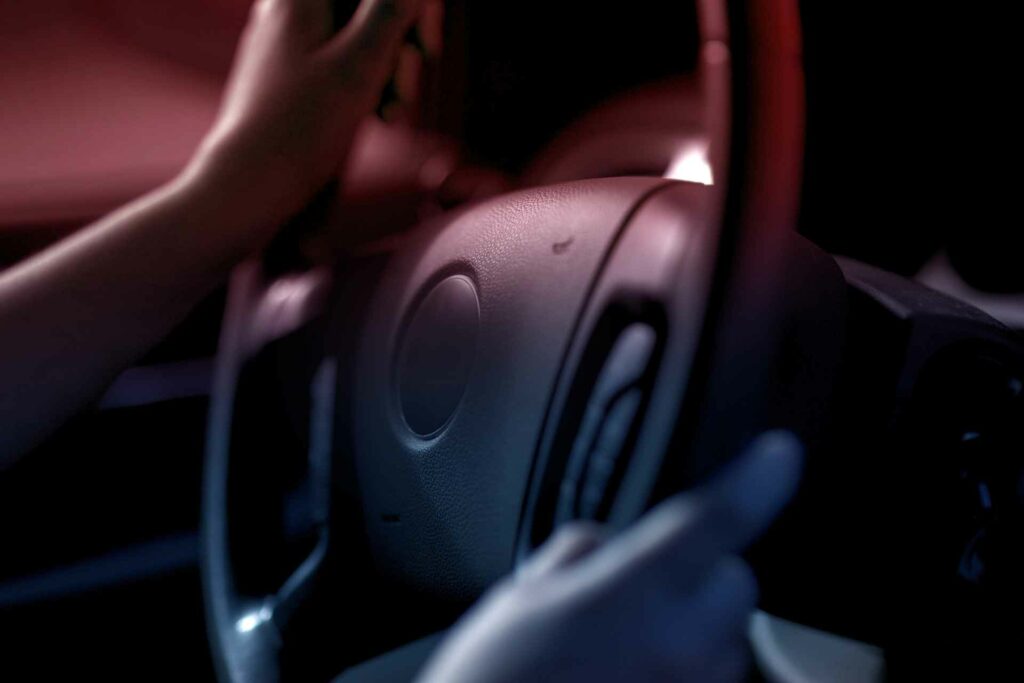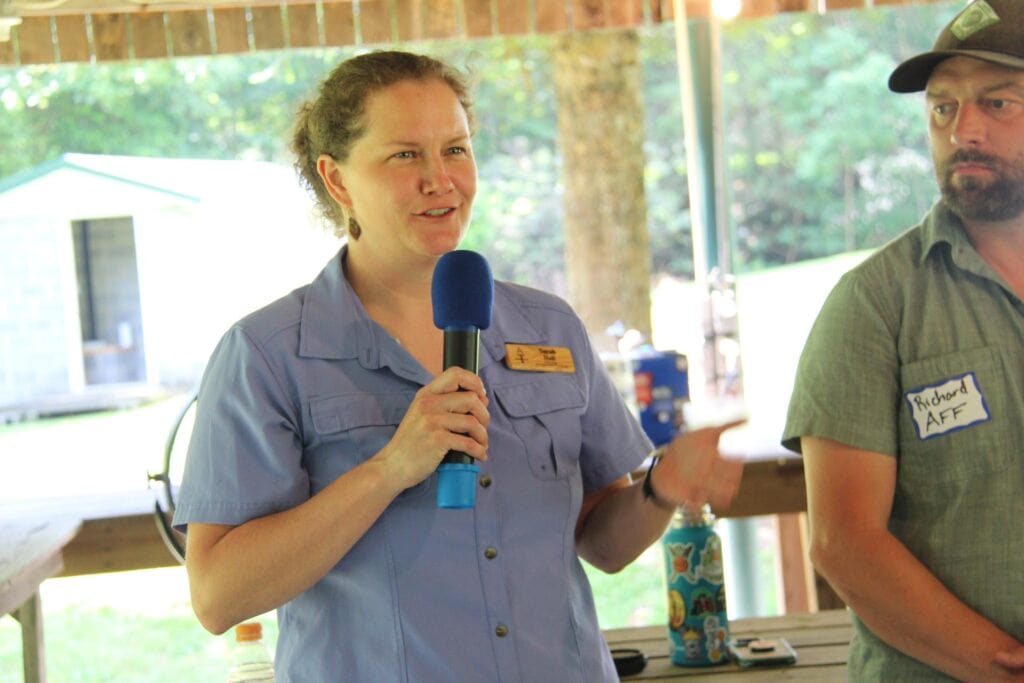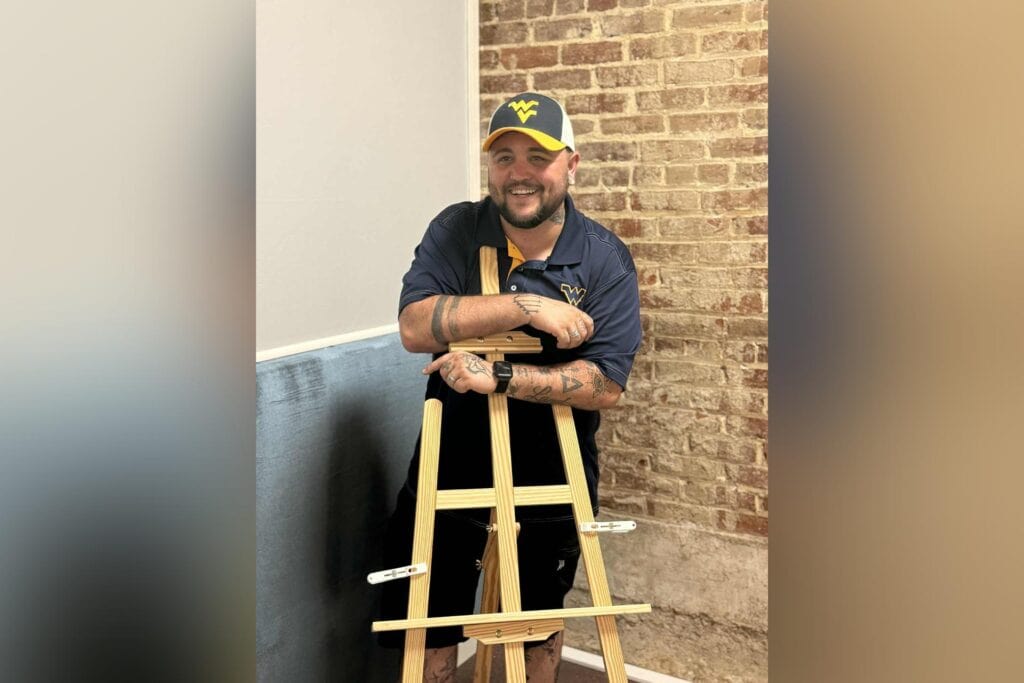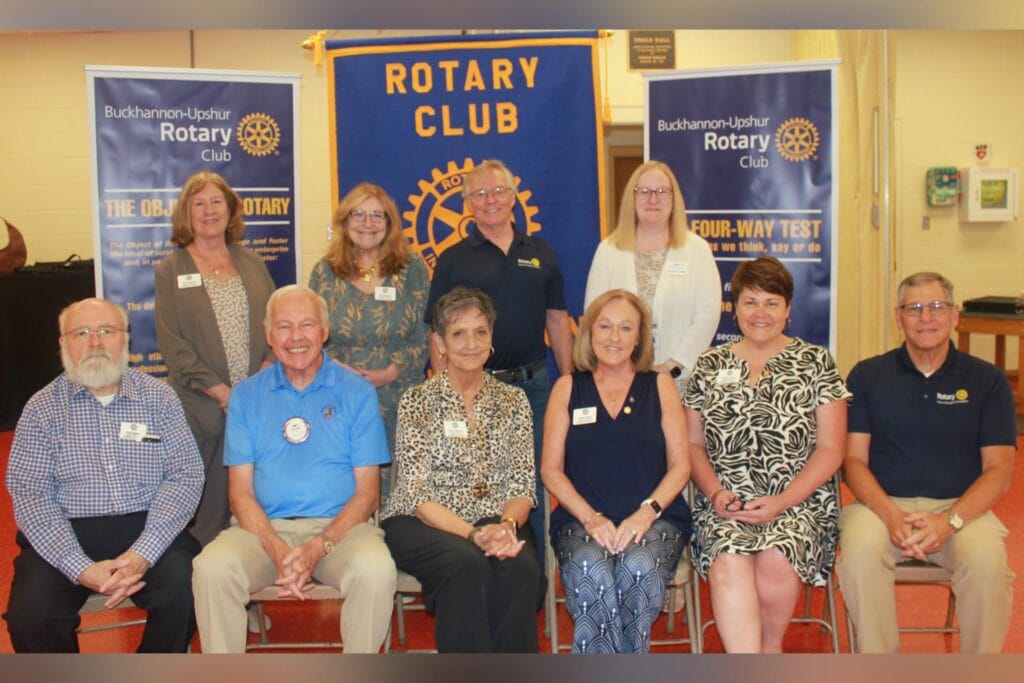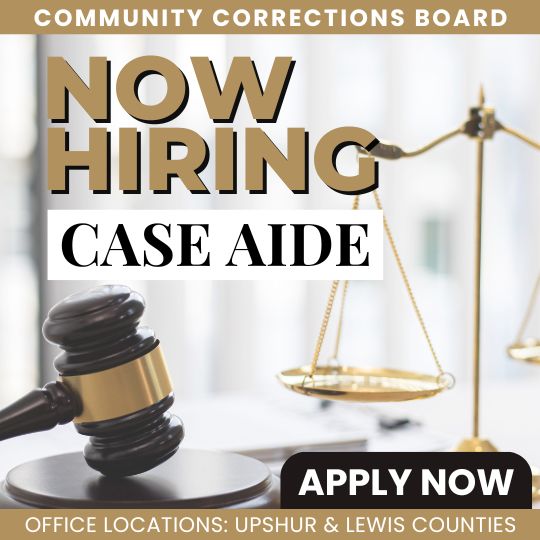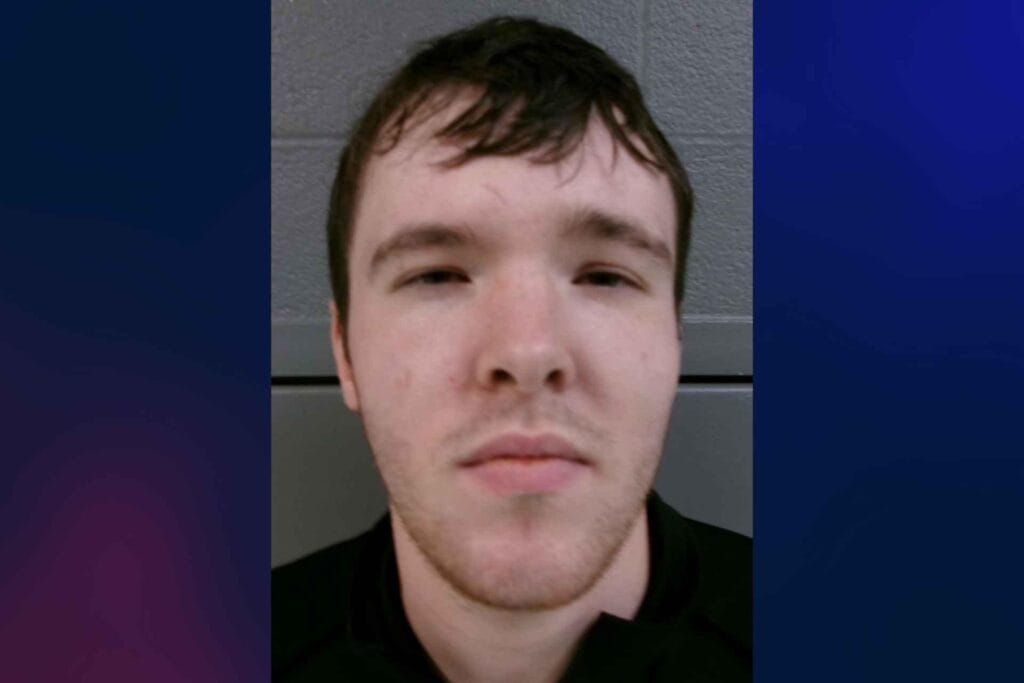From Friday, August 15, 2025, through Monday, September 1, 2025, the Governor’s Highway Safety Program (GHSP), in conjunction with the U.S. Department of Transportation’s National Highway Traffic Safety Administration (NHTSA), will be working alongside local law enforcement for the “If You Feel Different, You Drive Different. Drive High, Get a DUI.” high-visibility enforcement campaign. The goal is to help prevent drug-impaired driving, to save lives, and to prevent serious injury. The GHSP is urging drivers to refrain from driving impaired.
“The bottom line is that no matter what the substance is, if a driver is impaired, they should not be driving,” said Jack McNeely, Director of the GHSP. ”We want everyone to enjoy the last weeks of summer and the Labor Day holiday. We also want everyone to understand that it’s our first priority to keep people safe. Violating West Virginia’s drug-impaired driving laws can have severe and lasting consequences, both financially and potentially posing a risk to life.”
Many people believe that being high doesn’t affect driving abilities, but they are wrong. It has been proven that marijuana can slow reaction times, impair cognitive performance, and make it more difficult for drivers to keep a steady position in their lane. In 2024, more than 30 percent of DUI arrests involved drivers impaired by drugs. In two GHSP regions, that percentage is 44 percent.
Those who plan to use drugs should not drive. Even over the counter and prescription medications can have impairing effects. Drivers should secure a designated sober driver or call a taxi or rideshare for a sober ride home.
If a driver finds they are unable to drive, they should give their keys to a sober driver so that person can get them home safely. When a friend has been using drugs and is considering driving, friends should be proactive, take away the keys, and help them get a sober ride home. If anyone spots an impaired driver, contact local law enforcement.
For more information on impaired driving, visit www.nhtsa.gov/risky-driving/drug-impaired-driving.
For more information about the West Virginia Governor’s Highway Safety Program, visit highwaysafety.wv.gov or call 304-926-2509.
